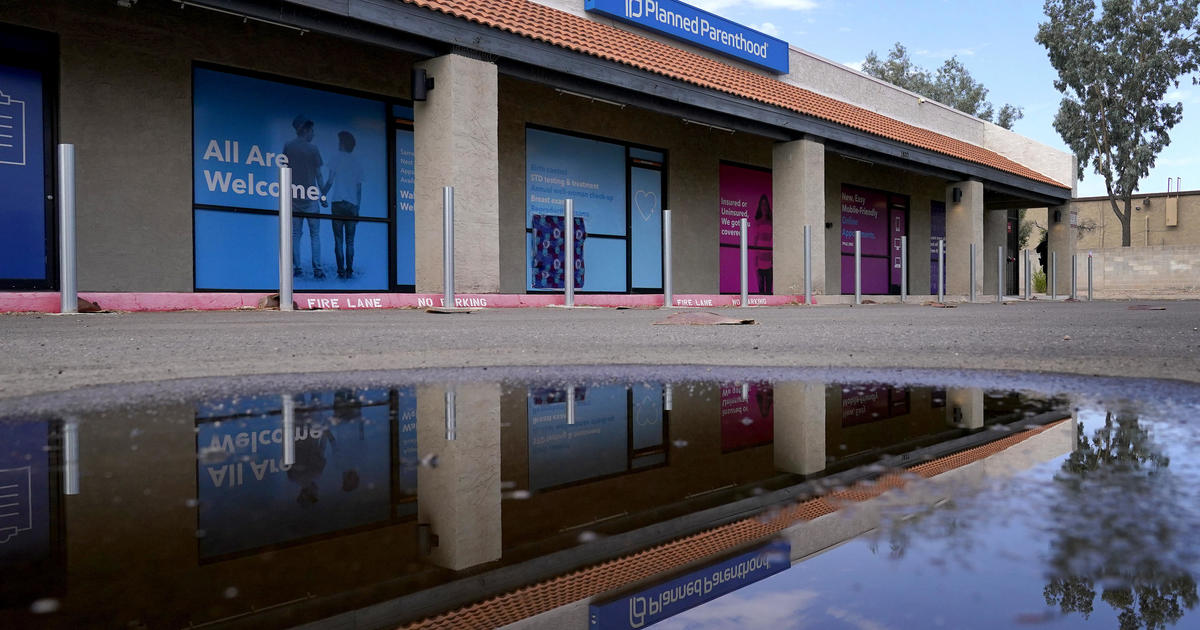The Arizona Supreme Court recently ruled that a 160-year-old abortion ban may be enforced, potentially leading to a near-total ban on abortions in the state. The ban, dating back to 1864, allows for exceptions to save the life of the mother but does not include exceptions in cases of rape or incest. This decision has sparked debate and disagreement among citizens, with both Democrats and Republicans expressing criticism and concern over the ruling.
The ruling will override a 15-week abortion ban signed into law in 2022, which included exceptions in cases of medical emergencies. The law also imposed restrictions on medication abortion, required an ultrasound before an abortion, and mandated parental consent for minors seeking abortion services. Arizona Attorney General Kris Mayes, a Democrat, denounced the ruling as “unconscionable” and stated that no woman or doctor would be prosecuted under this law during his tenure.
The law criminalizes anyone who provides or administers medicine, drugs, or instruments with the intent to induce a miscarriage, unless necessary to save the mother’s life. The decision has drawn criticism from both political parties, with former Republican Governor Doug Ducey expressing disappointment in the outcome and calling for a policy that reflects the will of the people. Republican Senate candidate Kari Lake opposed the ruling and urged Governor Katie Hobbs and the state legislature to find a common-sense solution that aligns with the views of Arizonans.
Efforts are underway to enshrine abortion rights into the Arizona state constitution, with a proposed amendment by Arizona for Abortion Access. This move aims to provide protection for pregnant individuals seeking abortion services and ensure their health and well-being. The ruling in Arizona comes amidst a broader political landscape where abortion rights have become increasingly politicized following the Supreme Court’s decision to overturn Roe v. Wade, returning the issue to individual states. President Biden’s reelection campaign has condemned the decision, attributing it to former President Trump’s influence on the Supreme Court.
The ruling in Arizona reflects a broader battle over abortion rights in the United States, with states grappling with how to regulate and protect reproductive health services. The decision has reignited discussions on the role of government in regulating abortions, the rights of pregnant individuals, and the importance of ensuring access to safe and legal abortion services. As the debate continues, stakeholders on both sides of the issue are advocating for policies that reflect the values and beliefs of their constituents while seeking to protect the rights and autonomy of individuals seeking abortion care.









